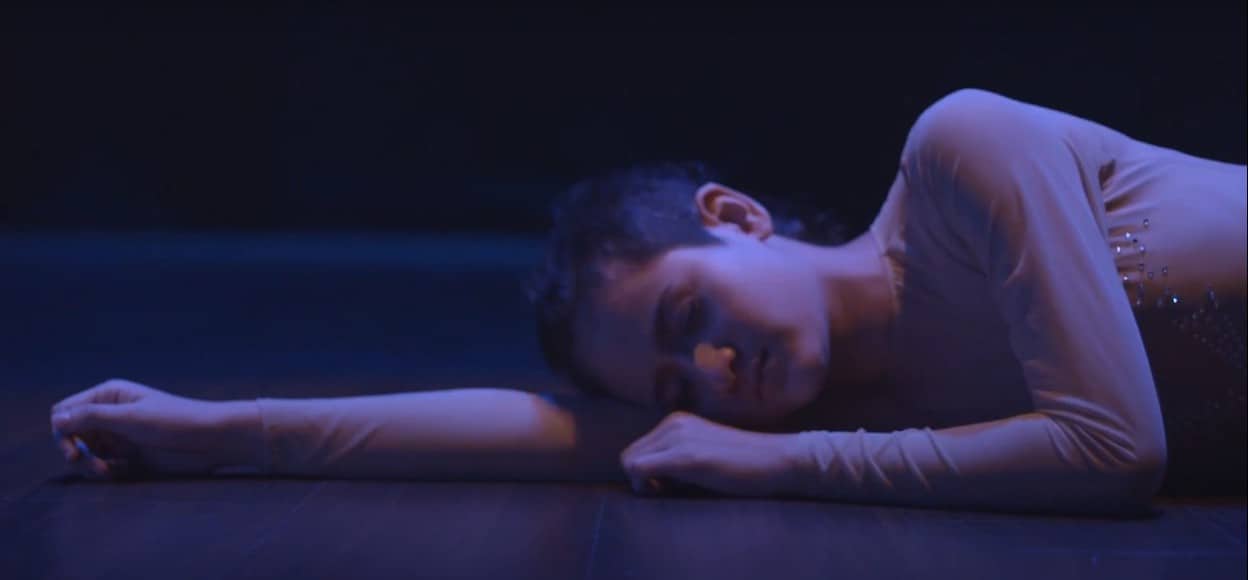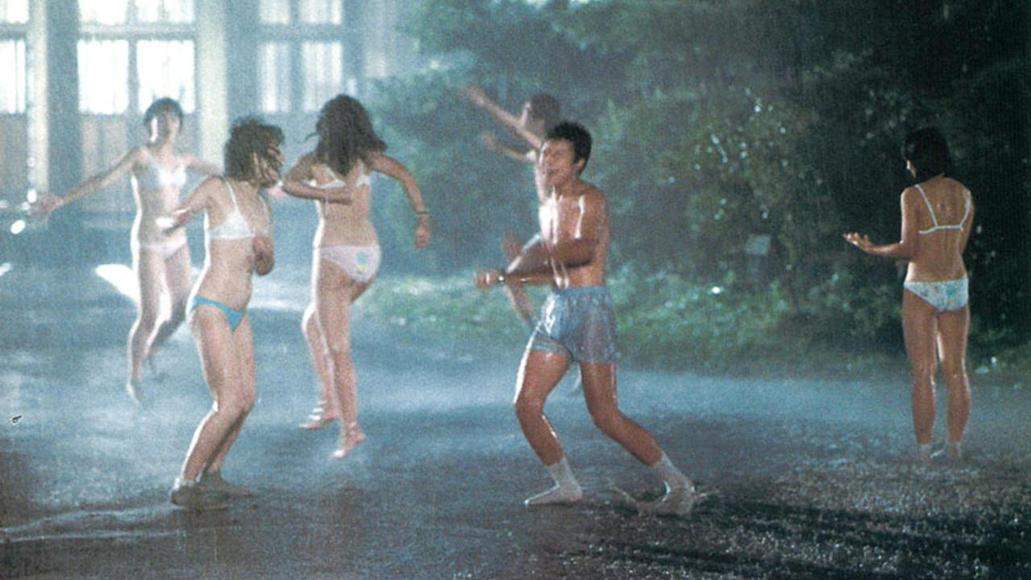As we have mentioned many times before, the epicenter of martial arts cinema has moved to the ASEAN countries, with Indonesia being one of the most dominant ones. US-educated Randolph Zaini tries to continue in the footsteps of “The Raid” and “The Night Comes For Us”, by introducing a new element, that of a protagonist who is deaf.
The aforementioned man is named Sandi, and works as a preman, which the movie defines as thugs who considered themselves to be men of honor and justice, but were despised by the public for their violent ways. The connections of his organization with the police is established from the beginning, since Guru, a cop, is soon revealed to be the leader of the criminal syndicate, whose purpose is to oust a number of people from their homes, in order for construction to take cover. Sandi, however, is reluctant to do his work since one of the men that is to be evicted is a friend of both him and his son's Pandu, whom he is raising on his own. When the boy witnesses a murder by the premen, Sandi is forced to go against his own gang, while Guru sends a paranoid murderer for hire on his heels, nicknamed the Barber. Sandi asks the help of another cop, Komandan, and his girlfriend, Cherry, but he declines from fear of Guru, although his decision does not help him much in the long run. Expectedly, soon all hell breaks loose.

Although the basis of the movie, of an unlawful man going against his former gang, is anything but original, Randolph Zaini has included enough elements here to make his work stand out. Starting with the concept of the deaf mute main hero, and the way he presents the hollow sounds that reach his ears and continuing by having him be a single father, he manages to induce the narrative with an intense dramatic element, which is intensified by the troubles Pandu has in school and the story of how Sandi came to be deaf, after a terrible accident in school.
Furthermore, the concept of the paranoid, stylish villain is presented excellently through The Barber, whose sociopathic tendencies add a sense of horrific humor to the film, particularly in the moments he kills his victims with utmost speed, while reciting his mottos or episodes from Greek mythology. Revaldo embodies the role to perfection, in a Tarantino-esque style that works quite well for the narrative and the overall comic-book aesthetics that occasionally dominate. This last aspect also extends to the action scenes, a number of which are rather impressive, with the duel between the Barber and Sandi, and the final showdown being the most memorable ones.
Another element that sets the movie apart is the nightmares Sandi has, which frequently feature people in animal customs, acting brutally most of the time, in a number of sequences where the intense colors, the neon lights, and slow motion dominate, with the last element also being quite frequent in the rest of the title. That occasionally these nightmares become part of real life, particularly when Sandi becomes completely enraged, adds a surrealistic element to the story, which DP Deng Xing-mai exploits to the fullest, in order to present a number of memorable scenes. His work, in general, is one of the best parts of the production, with the visuals being on a much higher level than is usually the case in action cinema, through the aforementioned approach.
Furthermore, Zaini makes a number of comments regarding parenthood and what constitutes a family, the issues deaf people face and the connection of organized crime with the police, with the last aspect benefiting the most by the impressive performance of Kiki Narendra as Guru. In general, the cast does a nice enough job, with Farell Akbar giving a fitting performance as Sandi, while the many child actors are well-directed.
Lastly, Salvita Decorte's presence as Cherry includes an element of sensualism in the film, also adding the concept of women fighters, which is so popular nowadays, although in this case, it is quite brief.
And although all the aforementioned are well-presented and give the narrative a unique essence, their number emerges as the most significant issue with “Preman”. As the movie progresses, it becomes evident that Zaini wanted to include as many elements as possible, both contextually and technically, an attempt that eventually makes the film appear chaotic, occasionally more a collage of ideas than a compact narrative. This element is the one that essentially does not allow the movie to be great, as some restraint would benefit the characters, the story, and the production values.
Randolph Zaini, in his debut, falls in one of the most common “traps” of new feature filmmakers, that of trying to do too much in one single narrative. However, it becomes obvious that he has many great ideas and knows how to implement them cinematically and I feel he has a bright future ahead of him as soon as he learns to practice some restraint. “Preman” definitely deserves a watch, particularly for its individual elements.















